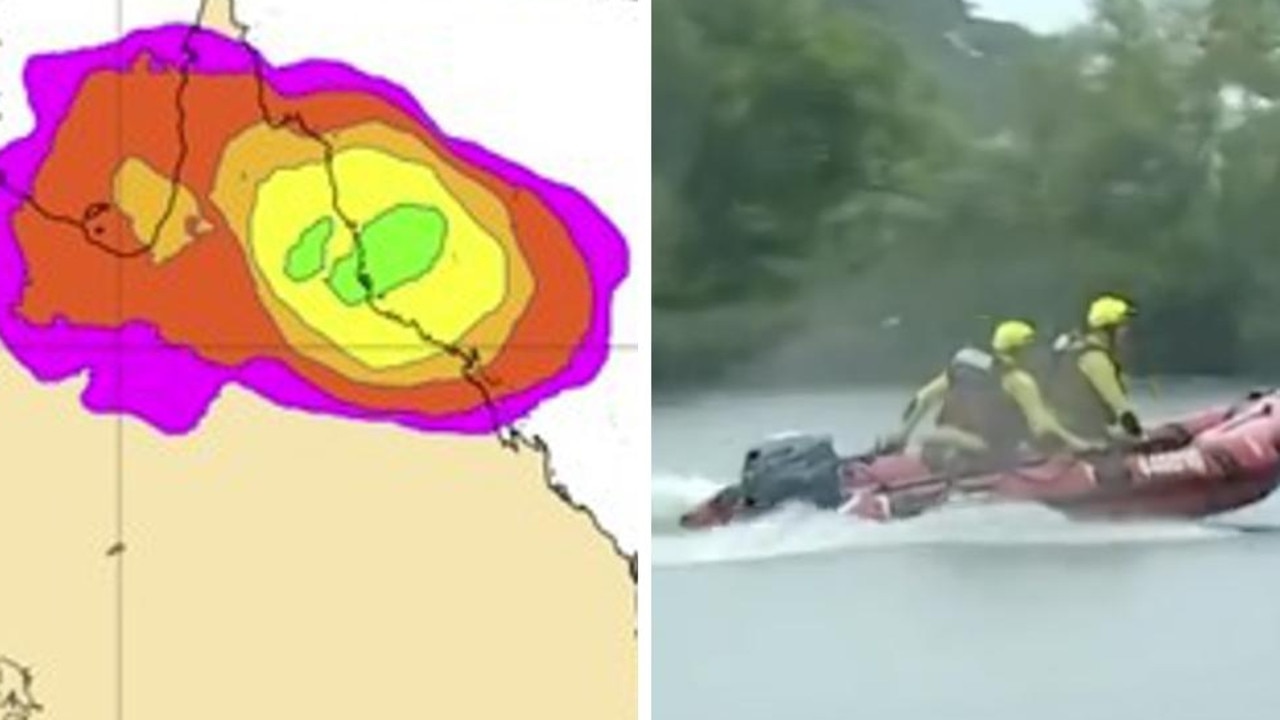Rural towns forced to rely on fly in fly out medicos
EXCLUSIVE: Rural hospitals will be left to fallow as local doctor numbers continuing to plummet with one agency predicting there will be no local GPs staffing hospitals in the bush within four years.

News
Don't miss out on the headlines from News. Followed categories will be added to My News.
Within four years there could be not a single permanent GP living in country NSW able to run the local hospital, it can be revealed.
In an alarming assessment, Rural and Remote Medical Services (RRMS) — a charity which helps run medical practices in the bush when doctors retire — said the state had lost 600 rural and remote GPs in the last decade alone.
Things are so bad, there are now fewer than 200 doctors left to service more than 600,000 regional residents.
CEO Mark Burdack said more than half of the doctors remaining in the bush were aged over 55 and starting to prepare for retirement.
“There will be no more rural GPs within four years without change,” he said.
The NSW Rural Doctors Network, which is state’s rural workforce agency, has also warned “the cycle of declining numbers will not abate and could mean the rural NSW GP Proceduralist workforce dwindles to fewer than 100 in 10 years”.
A recent NSW Parliamentary inquiry heard that some rural hospitals were operating without doctors and cleaning staff and cooks were being left to look after patients.
It was also revealed that at least four deaths had occurred in bush hospitals that did not have any doctors on site.
Inadequate care has seen the average life expectancy in remote NSW decline by 1.9 years in the last decade whereas in Sydney it has increased by 6.9 years.
Instead of having a doctor 24 hours a day, seven days a week, many NSW towns now have a medical service only between 8am and 6pm. Mr Burdack said a doctor is available by telehealth overnight and on the weekends for emergency care.
“So, instead of having a doctor up there who can put hands on body these communities are often now left with a virtual doctor who may be in Switzerland or Canada or Sydney or Perth or somewhere else,” Mr Burdack said.
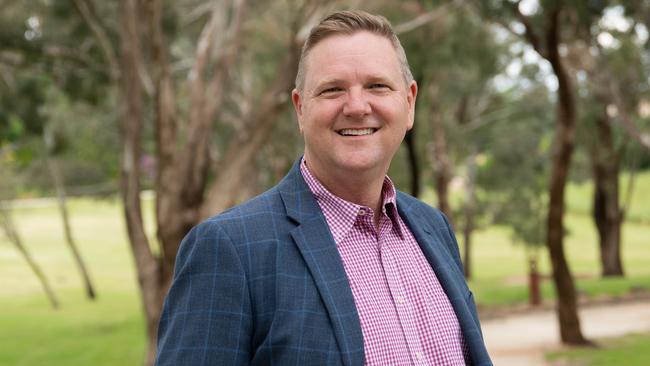
Among the many reasons for the crisis, Mr Burdack blames NSW government policies that make it more lucrative for doctors to work as fly in fly out locums in the bush than to live in the towns they service.
The state is estimated to be spending almost $120 million a year on these services instead of allocating the money to keep GPs living in rural towns.
The last of six local doctors left the Walgett and Lightning Ridge area in November last year after the NSW Government reneged on a 20 year old deal to pay GPs incentives to stay in the towns and instead reverted to paying the money to fly in fly out locums on contract.
“If all you’re offering is Medicare income to get a GP in town, which on a good day is $1200 what’s the doctor going to do? They’re going to take $3700 for an 8am to 6pm shift (at the hospital),” Mr Burdack said.
“The problem is compounded as older doctors reaching retirement are confronted with a situation where they can’t get out because they don’t have anyone to hand the practice to.”
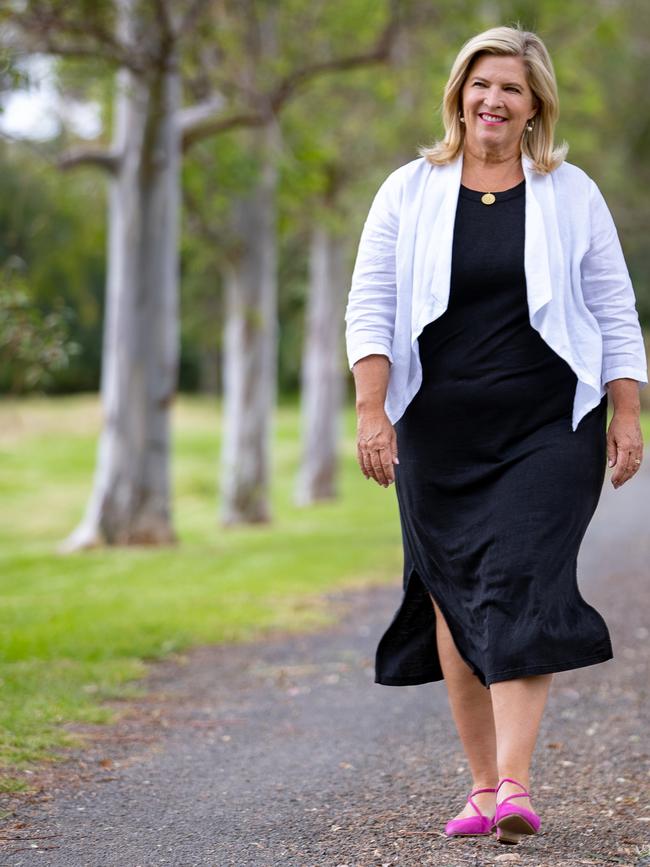
If they close their doors, there’s nowhere for patient medical records to go and Medicare incentive funding, which depends on how often a practice sees a patient, dries up.
“That can be worth anywhere between 10 and 20 per cent of revenue. So, if you lose the practice, the next doctor coming in, the cost of starting up is excessive. And as a result, that’s why towns that lose their general practices just never get them back,” he said.
He said solutions could include:
* offering rural students the chance to undertake a specific rural GP university degree at a rural university.
* enabling the nursing workforce to work to their full scope of practice to relieve the pressure.
* establishing an independent NSW Rural and Remote Health Commission with a board comprised of rural and remote people and clinicians to set minimum staffing levels for rural hospitals and develop rural GP workforce programs that actually work.
NSW Regional Health Minister Bronnie Taylor has said “implementing bold new measures to attract key health workers to work in our regional health facilities and retaining that workforce will be a key focus of mine”.
The rural and regional medical workforce had increased by 1586 full time employees (or 47.6 per cent) since June 2012, she said.
Dad told ‘you might not see your kids grow up’
A melanoma diagnosis could very easily have been a death sentence for Ryan Channells.
Unable to travel to Sydney for a lifesaving clinical trial, the father of two was told bluntly by doctors he would miss out on seeing his kids grow up.
Cancer patients, like Mr Channells, living in rural NSW face up to $10,000 in transport costs to access trials that are not covered by the government’s patient travel subsidy scheme.
“I was told that without operating on the cancer, I’d be dead before Christmas 2020,” he recalled of his stage four melanoma diagnosis in 2020.
“That meant that I wouldn’t see my kids grow up or even to see them ride their first bikes.”
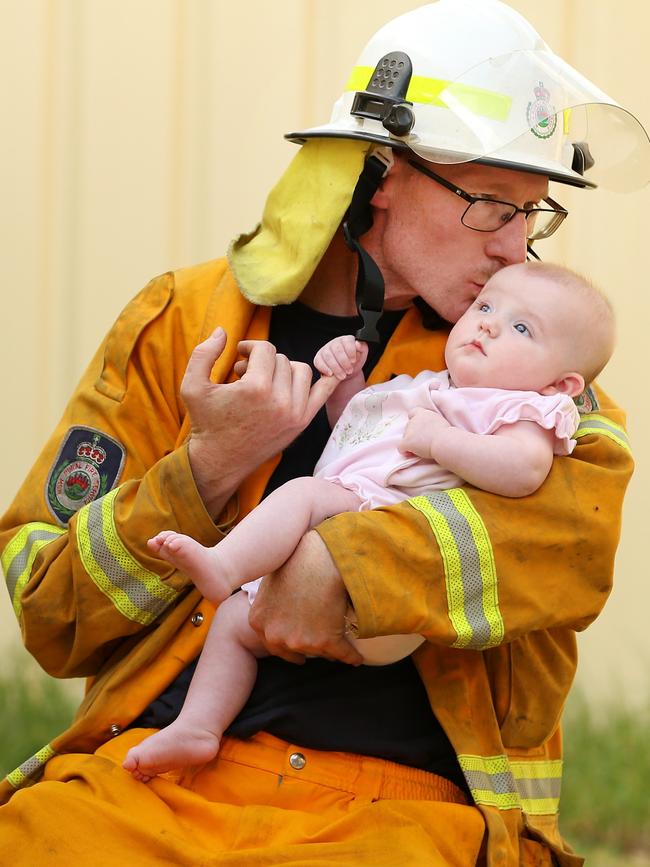
To access a trial, Mr Channells was told he would need to travel to Sydney once a week for a month and then every three weeks for a year.
“The financial stress was worse than the stress of dying. I just thought, ‘I can’t afford to die right now,’ he said.
A charitable donation from the Cancer Council ultimately allowed him to take part in the trial, covering his transport and accommodation costs to Sydney.
Mr Channells wasn’t just denied a government subsidy, the “amazing” GP in his mid-north coast town of Wauchope who diagnosed his cancer was sent back to England because of another government bungle — a visa issue.
There are fewer doctors in the area now even though the population has been rising as people relocated from the cities during Covid and he fears not being able to access medical help in his loca region in the future.
The Cancer Council NSW wants the patient travel scheme to be extended to cover clinical trials, so other patients can access critical treatment.
Cancer Council NSW Policy and Advocacy Manager, Bradley Gellert, said a study by the council found people living more than 100km away from the treatment centre accrued $2500 on average travel and accommodation costs during a clinical trial.
Some even faced travel costs of over $10,000.
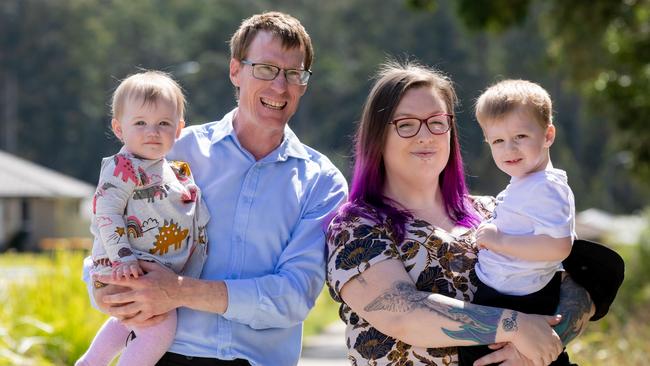
As it stands, only five per cent of people with cancer in regional NSW participate in a clinical trial, despite the lifesaving potential.
“We know that for people with cancer living in regional communities, the financial cost of travelling and being away from home can be so high that it stops them accessing treatment,” Mr Gellert said.
“The cross-party report from the parliamentary inquiry into rural and regional health recommended the Government urgently review … subsidies and expand access.
“Improving support for people with cancer when trying to access care is an important step towards reducing the disparity in outcomes between those in regional land metropolitan NSW.”
The clinical trial Mr Channells took part in saved his life dramatically shrinking the cancer growing on his leg allowing him to have surgery and undergo immunotherapy treatment.
“I literally just had my checkup and everything’s all clear, everything’s absolutely clear,” he said.
Covid-19 set to be one of Australia’s biggest killers
How the election promises to cut medicine prices could end up costing you more
Patients dying in hospital logjam
Surprising reasons Australians use medicinal cannabis
Originally published as Rural towns forced to rely on fly in fly out medicos


